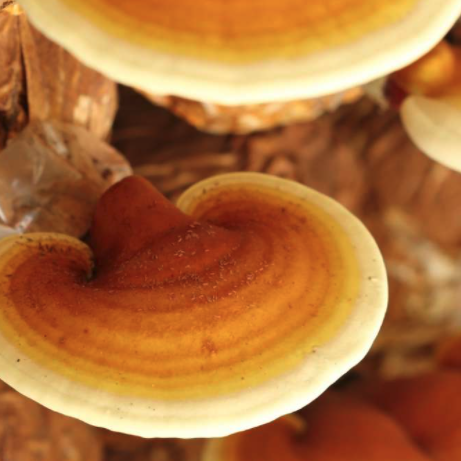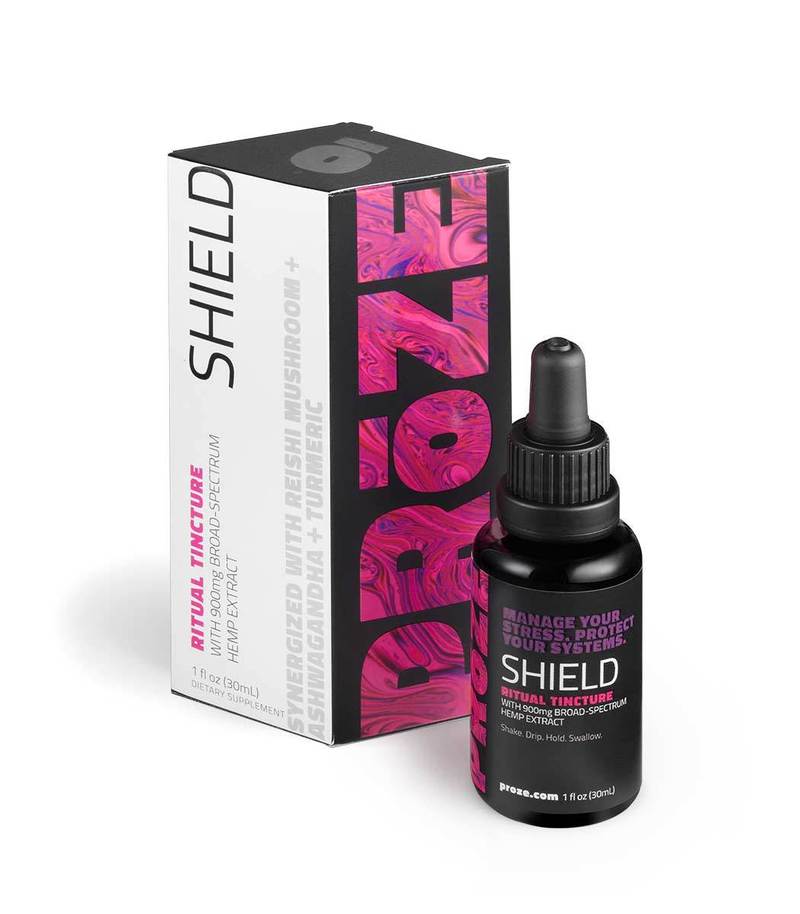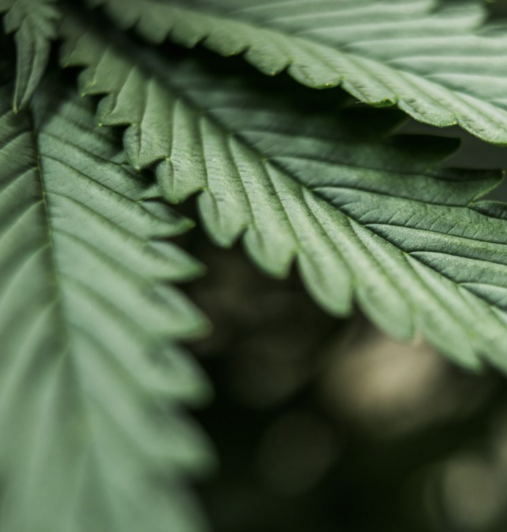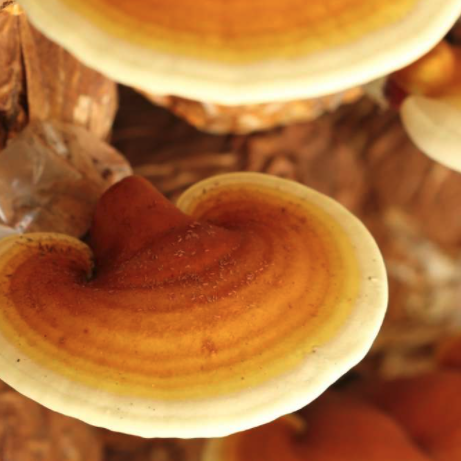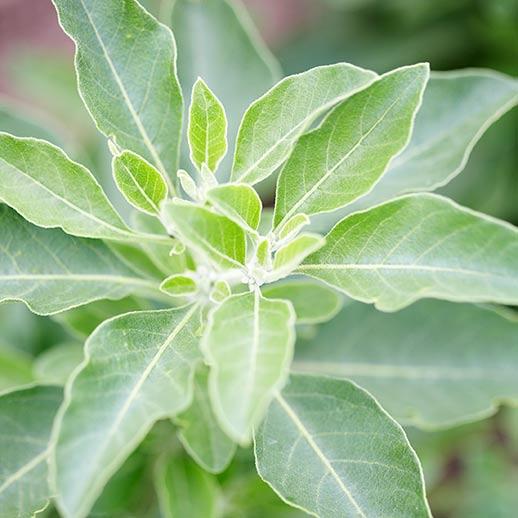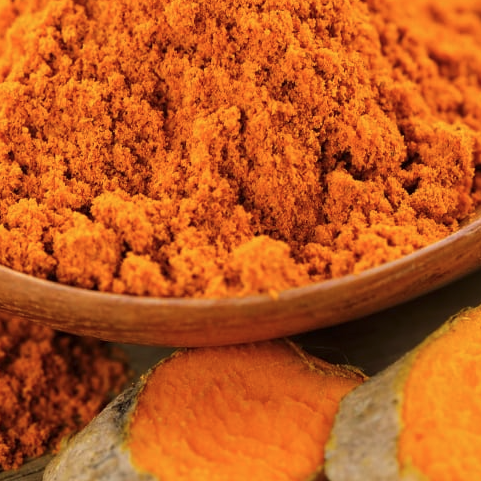Reishi mushroom, also known as Ganoderma lucidum, is a type of mushroom that is commonly used in traditional medicine, particularly in Asia. It is classified as an “adaptogen,” which means it is believed to help the body cope with physical, chemical, and environmental stressors.
There is evidence to suggest that reishi mushroom has immune-boosting properties and may be effective at improving the adaptive immune response.
The adaptive immune response is a specific type of immune response that occurs when the body is exposed to a new pathogen, such as a virus or bacteria. During the adaptive immune response, the body produces specialized immune cells called T cells and B cells, which recognize and attack the invading pathogen.
Studies have shown that reishi mushroom may be effective at strengthening the immune system by increasing the production of immune cells called T cells and natural killer (NK) cells. These cells play a key role in the immune system’s ability to fight off infections and diseases.
Reishi mushroom is also believed to have anti-inflammatory properties and may be effective at reducing inflammation in the body. Inflammation is a normal immune response to injury or infection, but chronic inflammation can contribute to the development of certain diseases.




